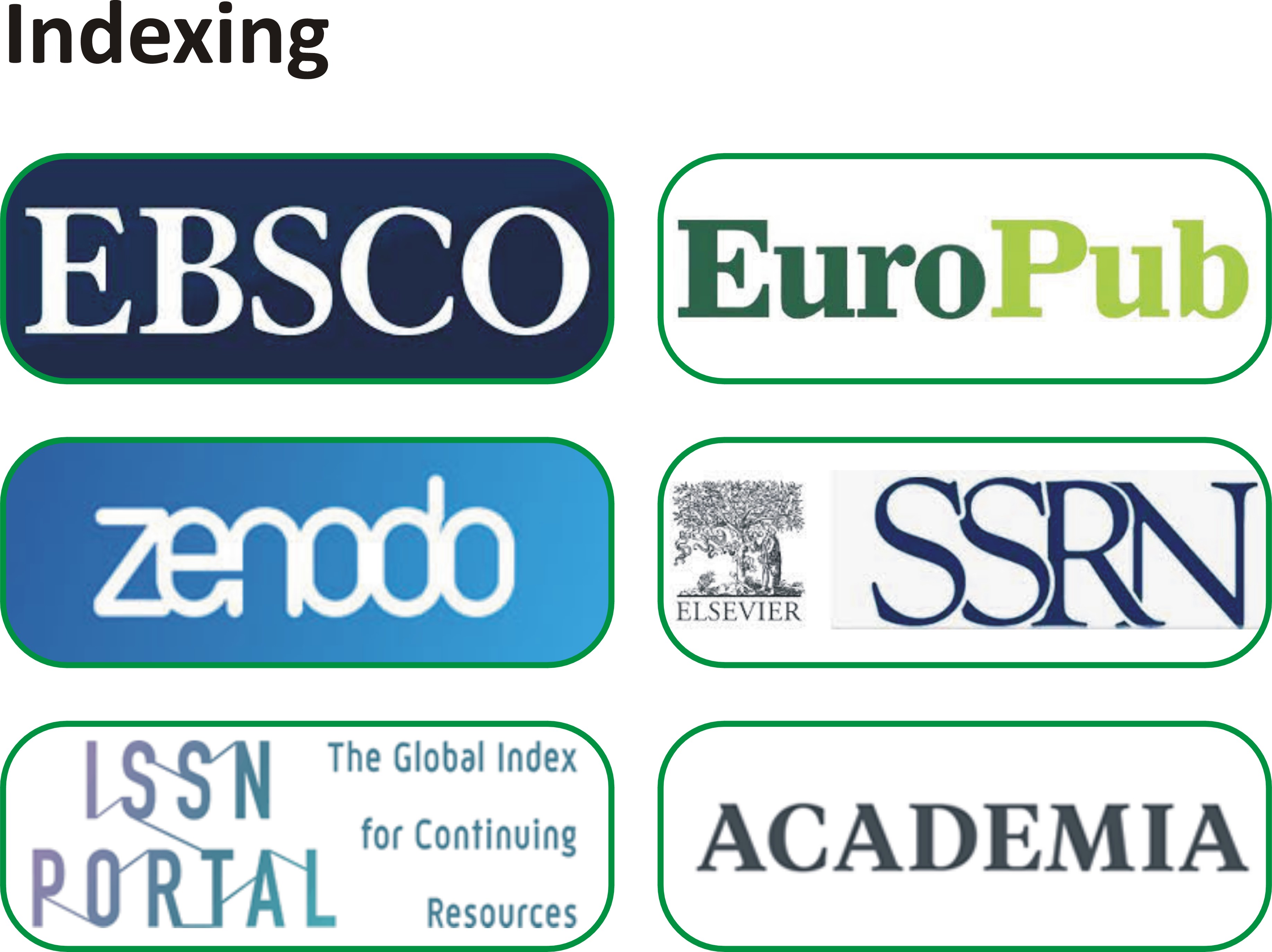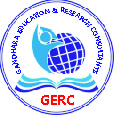Self-Medication Information Sources and Trustworthiness: A Quantitative Assessment of Dir Lower, Khyber Pakhtunkhwa (KP), Pakistan
Abstract
This study investigates the primary sources of information used by individuals for self-medication and evaluate their perceived trustworthiness, thereby providing insights into the influence of information sources on self-medication behavior and health decision-making. Adopting Quantitative Methodology and Cross-sectional Design, data was collected from individuals frequently engaging in self-medication for common health issues such as headaches, colds, allergies, or minor injuries. Stratified Random Sampling yielded a sample size of 366 respondents from a pool of 75,00 patients across Dir Lower seven tehsil hospitals. A structured interview schedule facilitated data collection, covering demographics, self-medication practices, information sources, trustworthiness perceptions, and health outcomes. Analysis involved SPSS for frequency and percentage as a descriptive and Chi-square Test for inferential statistics. The study shows that people prefer getting health information from both informal (family and friends) and formal (healthcare professionals and the internet) sources. Trust in these sources varies depending on how credible they seem. People are willing to self-medicate, especially for certain conditions, influenced by factors like limited healthcare access, trust in self-medication sources, and cultural beliefs. Many respondents are confident in finding and understanding health information for self-medication. This research underscores the importance of cultural and social factors in healthcare decisions, highlighting the need for tailored interventions and education programs to address local dynamics in Dir Lower, KP, Pakistan.
Copyright Notice Submission of an article implies that the work described has not been published previously (except in the form of an abstract or as part of a published lecture or academic thesis), that it is not under consideration for publication elsewhere, that its publication is approved by all authors and tacitly or explicitly by the responsible authorities where the work was carried out, and that, if accepted, will not be published elsewhere in the same form, in English or in any other language, without the written consent of the Publisher. The Editors reserve the right to edit or otherwise alter all contributions, but authors will receive proofs for approval before publication. Copyrights for articles published in IJSSA journal are retained by the authors, with first publication rights granted to the journal. The journal/publisher is not responsible for subsequent uses of the work. It is the author’s responsibility to bring an infringement action if so desired by the author.



